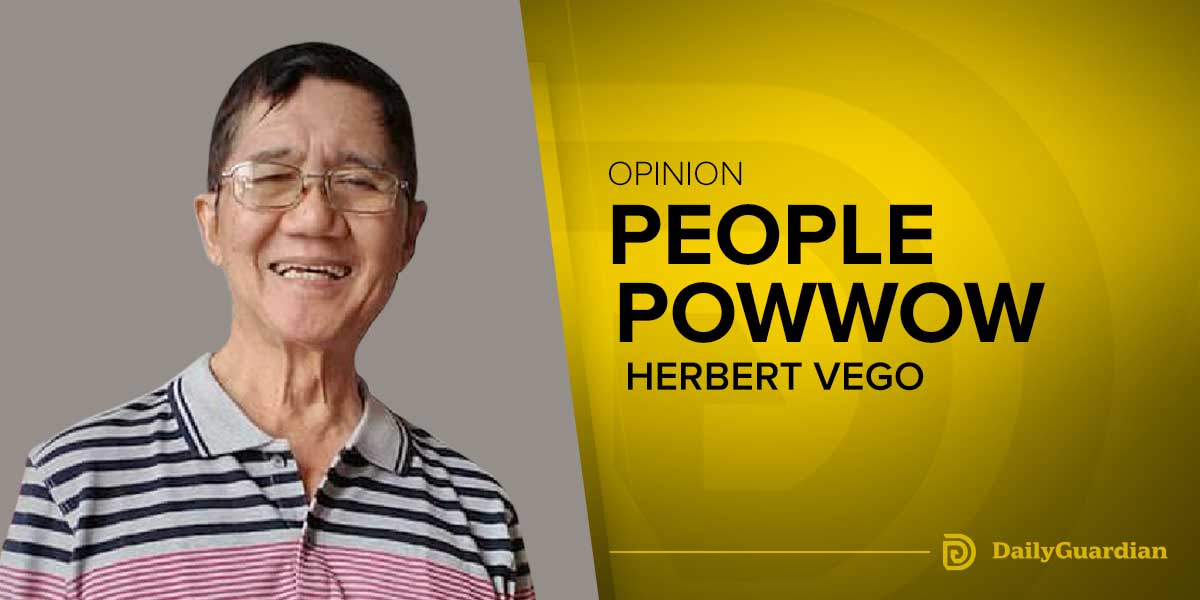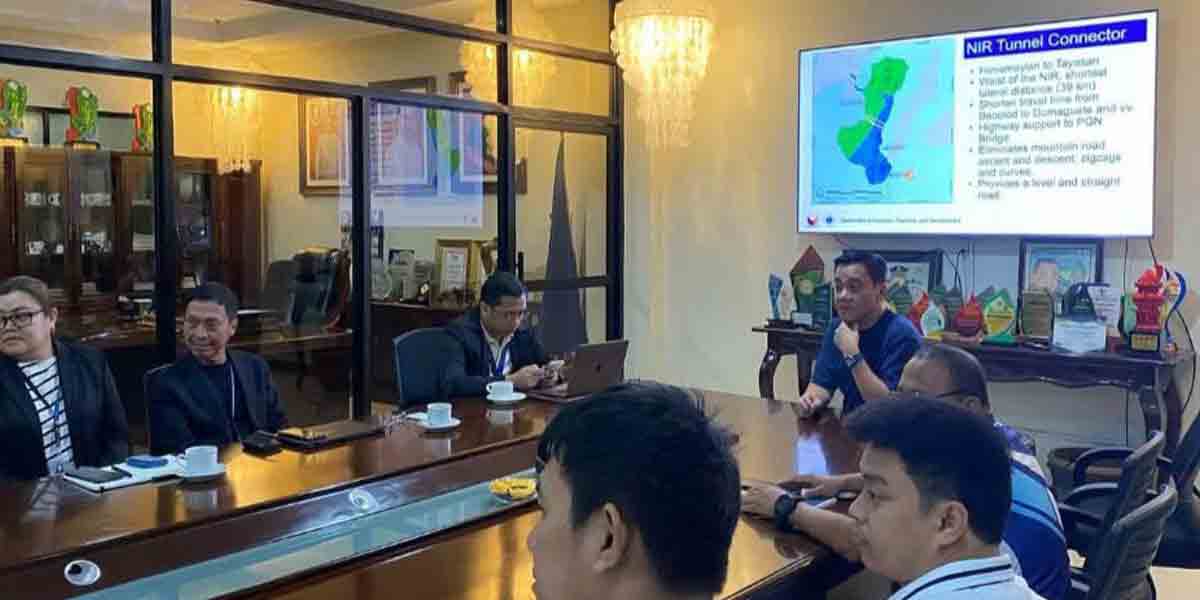By Herman M. Lagon
Every election season, the question arises: What does one vote really mean as campaign jingles fill the streets, the airways, and the cyberspace? The response is more profound than we might think in a troubling nation like ours, where politics is sometimes as chaotic as it is colorful. Though apparently little in the grand scheme of things, one vote carries the weight of our democracy, our human rights, and the dignity of all those who battled—sometimes with their very lives—to grant us this great power.
One vote is a symbol of our shared responsibility, our collective voice, and the justice values that support our society—not only a mark on a ballot paper. It is evidence of the innumerable people who have battled for their right to be heard throughout history. From the hills of Tirad Pass and the streets of EDSA, where millions of Filipino heroes stood for democracy, to the ballot boxes bearing our victories and challenges, our vote is a potent legacy of resistance and resiliency.
Voting helps us confirm our conviction in the power of choice, not only choosing a candidate. Democracy is about inclusion—that every voice counts, independent of background or position. Voting is the very core of a working democracy; millions of people have battled for this right, from the suffragettes in the 1930s to the martial law activists who risked all to guarantee our right to vote was ingrained in law. Their giving reminds us that voting rights are obligations rather than just privileges.
Nevertheless, given the corruption of elections marked by disillusionment, false information, and tiredness, the value of one vote can sometimes be disregarded despite all its power. Particularly from those who feel cut off from the political process, we too frequently hear the refrain, “My vote doesn’t matter.” However, when we consider the weight of this right, we see that one vote can really help determine the course of events. Unquestionably one of the most important actions a person can take, it may not always be the loudest.
However, the collective act of voting shapes the nation’s course, and it is not only the final count that makes a vote significant. When people band together and use their right to vote, they make a strong demand for change, a demand for responsibility, and a unified statement. Democracy is driven ahead by this collective power, which also compels politicians to answer the will of the people instead of the whims of the elite.
Especially in a political environment where money, power, and influence seem to rule, it is easy to believe that our individual votes have little bearing. Actually, these forces are only as strong as the apathy they foster. Every vote reminds us that individuals have the ability to alter their nation and question the status quo. We lose the very basis of democracy—the conviction that our voices matter no matter how little—if we assume one vote cannot change anything.
Given this, voting becomes a moral deed rather than only a civic obligation or a mere statistic. Voting is an honest deed that links us to the past and the future. It reminds us that our activities will shape the world we leave behind. When we vote, we are thinking about the next generation as well as about ourselves. We are asking ourselves what kind of future we wish to create—one in which everyone can live with dignity, in which human rights are respected, and in which justice is not only a concept but a reality.
Still, many of us take this right for granted, even if it is so vital. We slink across social media, listening to the noise of political pledges without considering their veracity. We become enmeshed in the show of electioneering, emphasizing personalities above policies, entertainment above substance. These are the times when we have to remind ourselves of the importance of our vote—not only as a tool for selecting leaders but also as a means of preserving the values that support the strength and justice of our country.
Not voting is the loss of our collective power, not only the chance lost to influence the result of an election. When we let ourselves grow disillusioned and skip elections with an apathetic or frustrated attitude, we give our voice to those who might not have our best interests first. We bequeath the future of our nation to people who will mold it in any way they want, not in line with public will or greater good.
Voting reflects our respect for the innumerable people who battled for our freedom as much as a statement of civic responsibility. From those who opposed dictatorship to those who fought colonialism, their battles stemmed from the conviction that every person should have a voice in their country. By not voting, one is to reject the very core of democracy, dishonoring their sacrifices.
One also has to understand that voting goes beyond just national elections. Just as important are local elections, when the issues are often more personal and instantaneous. From the level of our education system to the condition of our roads and infrastructure, the choices taken by local leaders can significantly affect our daily life. Voting in local elections helps us take charge of our neighborhoods and guarantee that our needs and issues are handled, not only by selecting representatives.
Let us keep in mind as we enter the next election cycle that one vote has actual, physical, and vital power rather than only symbolic value. It reminds us that we can control our future despite all the difficulties we encounter. Every vote is a thread in the greater fabric of democracy, spun together to create a tapestry of group activity capable of altering the path of history.
In essence, the worth of one vote is impossible to overestimate. It is a responsibility rather than only a right that links us to the challenges of the past and the hopes for the future. Though little, this deed could have great influence. Let us vote knowing that we are reaffirming our dedication to the values of democracy, human dignity, and the common good as we get ready for the polls, not only selecting leaders. Though on its own, one vote seems little, taken together, we build the future we wish to see.
***
Doc H fondly describes himself as a “student of and for life” who, like many others, aspires to a life-giving and why-driven world grounded in social justice and the pursuit of happiness. His views do not necessarily reflect those of the institutions he is employed or connected with.























